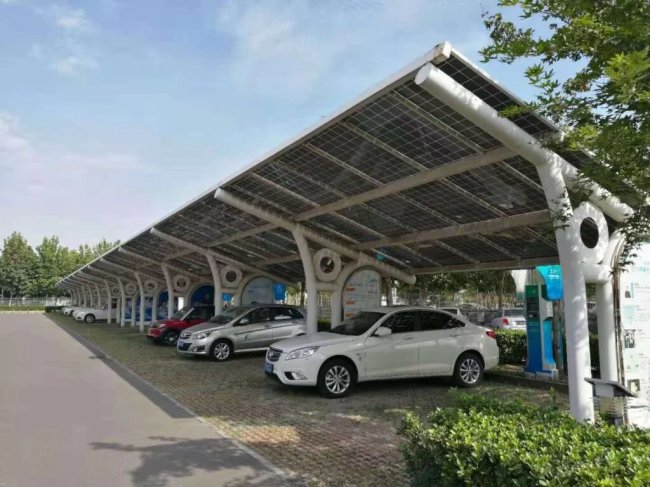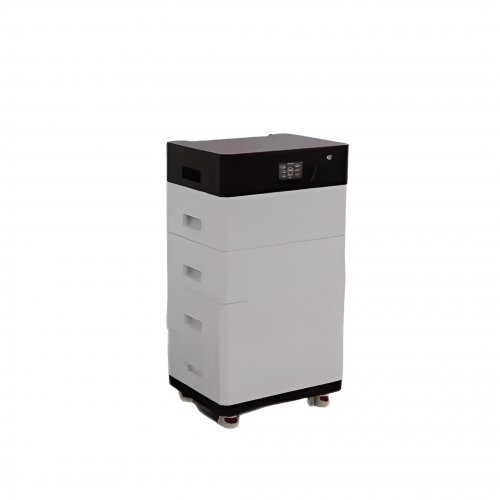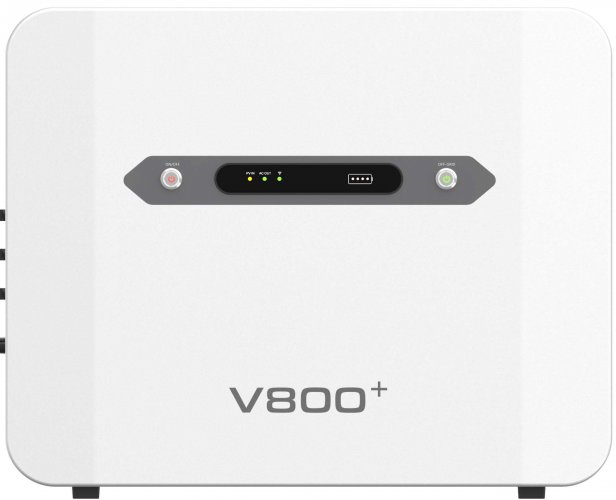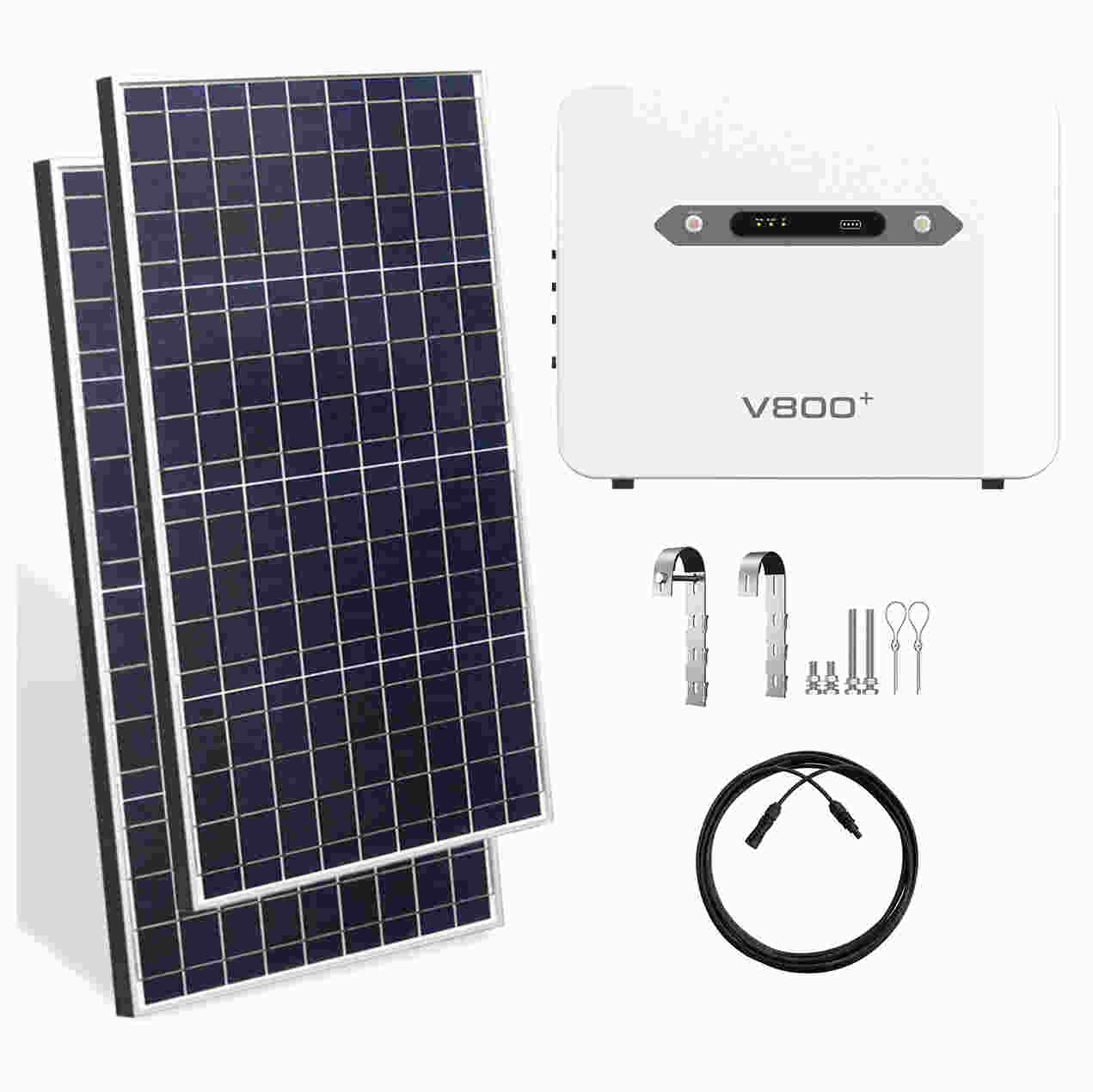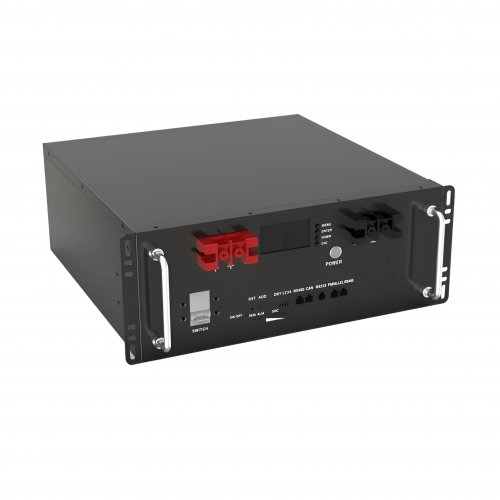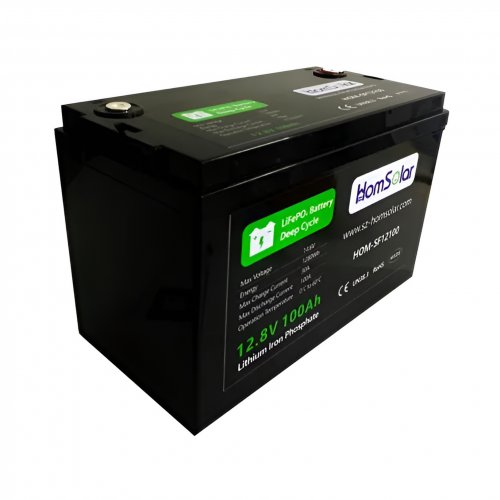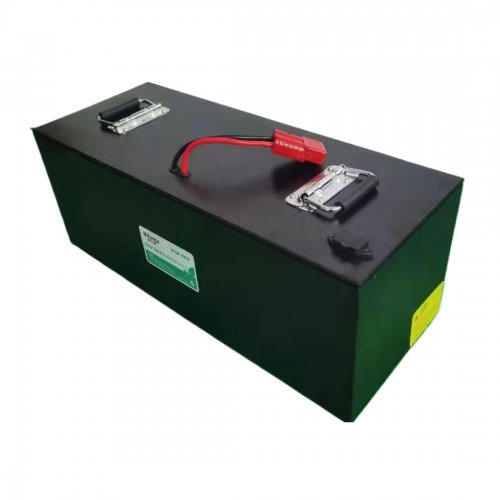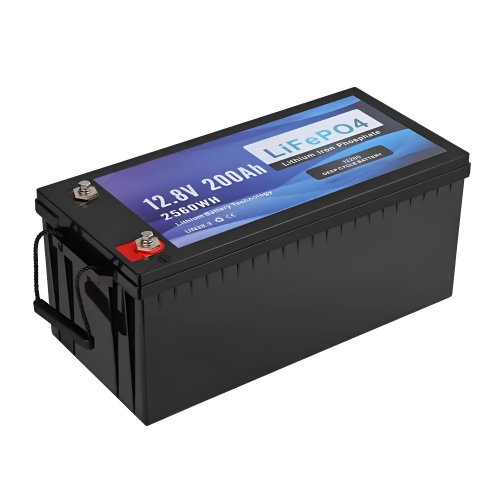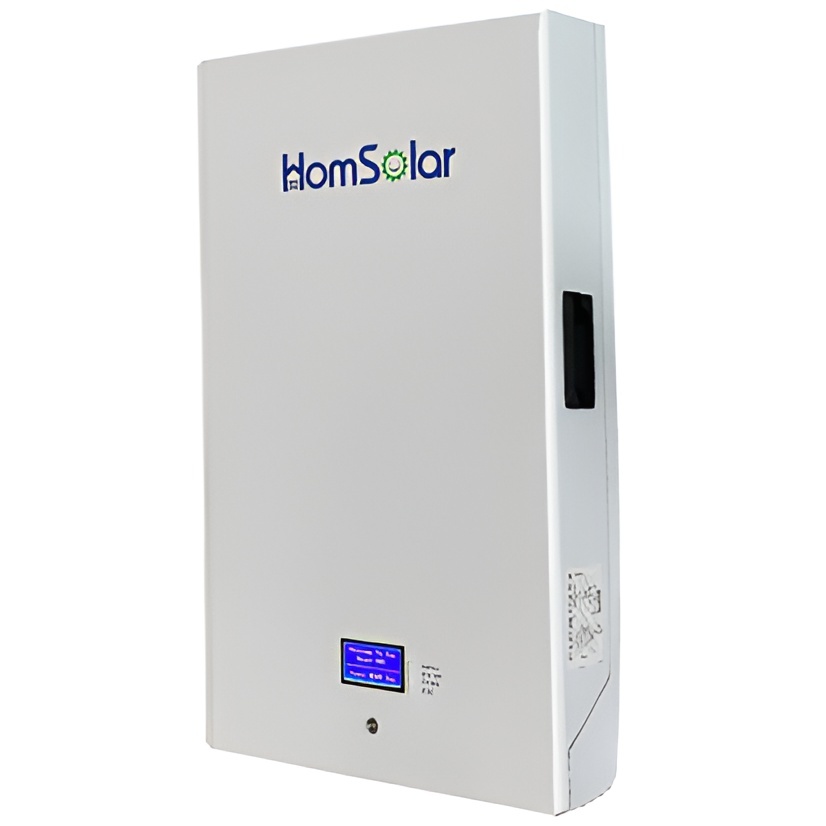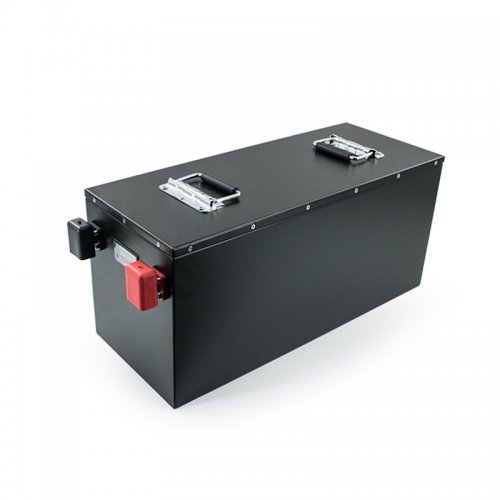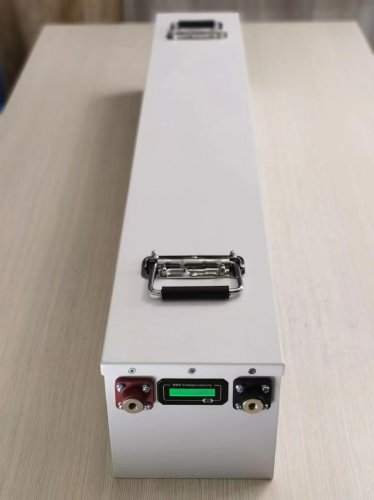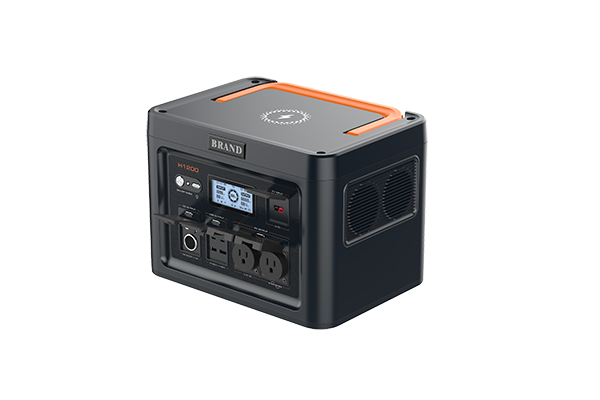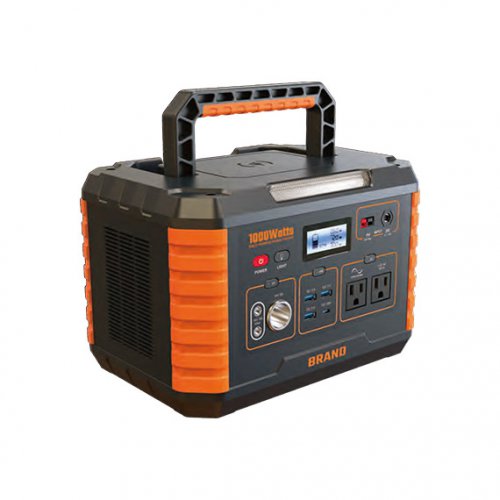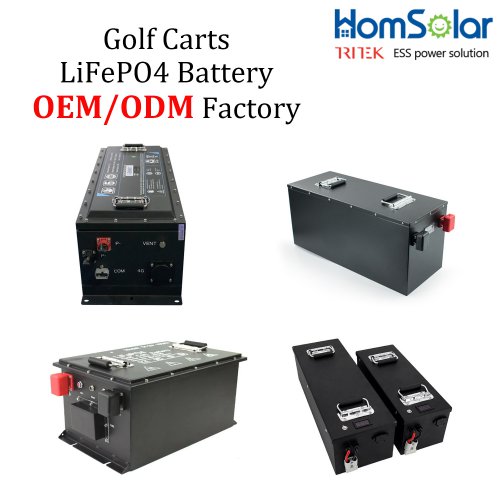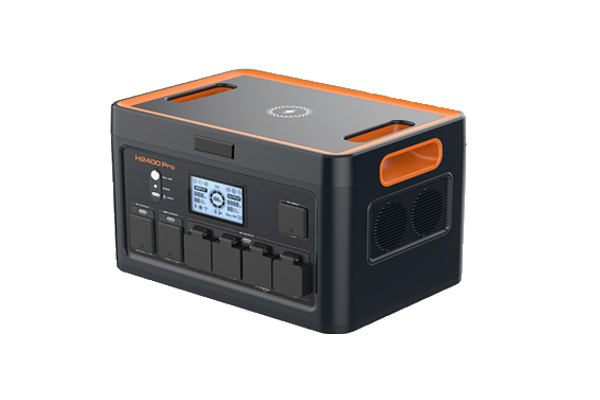Four-step method to evaluate rooftop PV potential based on system layout, economic parameters
Researchers from China’s Nanjing University of Information Science and Technology have proposed a novel method for estimating rooftop solar energy potential on an urban scale. While traditional methods focus their calculation extensively on the available roof area, the proposed technique is based on installation parameters as well as economic feasibility.
“The method assesses the economic feasibility of roof areas suitable for solar PV panel installation through required energy demand and payback times and calculates the solar PV power generation potential of urban rooftops based on the placement of solar PV panels,” the team explained. “Few studies have considered the actual installation layout of solar PV panels in rooftop solar PV potential assessments at the city-scale.”
The proposed method consists of four steps. First, an empirical model based on sunshine duration uses 3D data to calculate solar irradiance on building rooftops. The second step considers the ideal PV panel arrangement, calculating the minimum bounding rectangle of each roof. Then, a greedy algorithm from previous scientific literature is used to fit as many panels as possible, avoiding obstacles. Safety margins near roof edges are also considered.
In the third step, the method calculates a threshold for the minimum solar irradiance required for solar panels to be economically viable. The parameters of the calculation include installation costs, payback time, the proportion of electricity sold to the grid, feed-in tariff, electricity price, panel area, and panel efficiency. The fourth and final step compares whether the solar irradiance received by each solar PV panel is greater than the solar irradiance threshold.
“Solar PV panels with average solar irradiance smaller than the calculated threshold are excluded,” the group said. “This process yields the final solar PV panel arrangement and the corresponding solar irradiance. Subsequently, the module efficiency of the solar PV panels is applied to calculate the potential distribution of rooftop solar PV power generation.”
A case study to demonstrate the novel technique was conducted in the city of Nanjing, in east China. Various remote sensing data, vector data, and meteorological parameters were taken from sources such as the AutoNavi Map, the Digital Elevation Model (DEM), NASA, and the Nanjing Meteorological Bureau. Longi’s LR5-72HPH-550 M module was used as a reference for data on price, size, and efficiency.
“We calculate the solar irradiance threshold by setting the payback time to 10 years to ensure that most solar PV panel locations are economically viable,” the scientists added. “The electricity scenario parameter is set to be 1, which means that all solar PV power generation is sold. The fully on-grid distributed electricity price is CNY 0.49/kWh ($0.07/kWh) in Nanjing. The cost of one solar PV panel is CNY 672 ($94.8). The module efficiency is 21.3%.”
Per the results of the new method, the available roof area for PV in Nanjing is 122 km2, with 28.87 TWh electricity potential each year. That results could meet 39.85% of the city’s electricity demand in 2022, which was 72.45 TWh. Compared to the traditional solar PV potential estimation method, the novel technique avoids overestimating generation potential per unit area by 13.08%.
The new tool was introduced in “Evaluating solar photovoltaic potential of buildings based on the installation parameters of photovoltaic modules,” published in Solar Energy.
Customized/OEM/ODM Service
HomSolar Supports Lifepo4 battery pack customization/OEM/ODM service, welcome to contact us and tell us your needs.


HomSolar: Your One-stop LiFePO4 Battery Pack & ESS Solution Manufacturer
Our line of LiFePO4 (LFP) batteries offer a solution to demanding applications that require a lighter weight, longer life, and higher capacity battery. Features include advanced battery management systems (BMS), Bluetooth® communication and active intelligent monitoring.

Customised Lithium Iron Phosphate Battery Casing
ABS plastic housing, aluminium housing, stainless steel housing and iron housing are available, and can also be designed and customised according to your needs.

HomSolar Smart BMS
Intelligent Battery Management System for HomSolar Energy Storage System. Bluetooth, temperature sensor, LCD display, CAN interface, UART interface also available.


Terminals & Plugs Can Be Customized
A wide range of terminals and plugs can be customised to suit the application needs of your battery products.

Well-designed Solutions for Energy Storage Systems
We will design the perfect energy storage system solution according to your needs, so that you can easily solve the specific industry applications of battery products.



About Our Battery Cells
Our energy storage system products use brand new grade A LiFePO4 cells with a battery lifespan of more than 4,000 charge/discharge cycles.



Applications in Different Industries
We supply customized & OEM battery pack, assemble cells with wiring, fuse and plastic cover, all the cell wires connected to PCB plug or built BMS.
Applications: E-bike, Electric Scooter, Golf Carts, RV, Electric Wheelchair, Electric Tools, Robot Cleaner, Robot Sweeper, Solar Energy Storage System, Emergency Light, Solar Power Light, Medical Equipment, UPS Backup Power Supply.
We can provide you with customized services. We have the ability to provide a vertical supply chain, from single cells to pack/module and to a complete power solution with BMS, etc.


HomSolar (Shenzhen) Technology Co., Ltd







